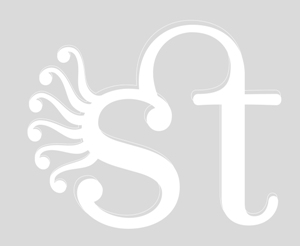After characterizing the modern problem of the limits and possibilities of scientific reason, as it is formulated in 19th century sociology, I clarify the question of the duality of instrumental knowledge, which informs technical control of the world, and reflexive knowledge, which encompasses the various dimensions of meaning in human practices. Then, I expound two exemplary explanations, proposed by reflexive perspectives, for the contemporary predominance of instrumental knowledge: the model of interaction between values and scientific activities proposed by Hugh Lacey; and Pierre Boudieu's sociology of the social conditions for the development of scientific fields. By putting side by side a philosophical work articulating connections between epistemology and ethics, and a sociological theory about the social conditions of the historical development of reason, I introduce fundamental markers for exploring the possibilities of historical rationalist perspectives that try to avoid the dualistic alternative of orthodox rationalism and relativism. Both analyses explore the possibilities opened by transversal perspectives that try to elucidate the relations between different spheres of activity, without ignoring their particularities, delineating problems to be investigated in a way that furthers reflexivity together with empirical knowledge of the historical processes of reproduction of social organization and of the dominant values.
Modern society; Instrumental knowledge; Reflexive knowledge; Scientific practices; Research strategies; Scientific field; H. Lacey; P. Bourdieu
